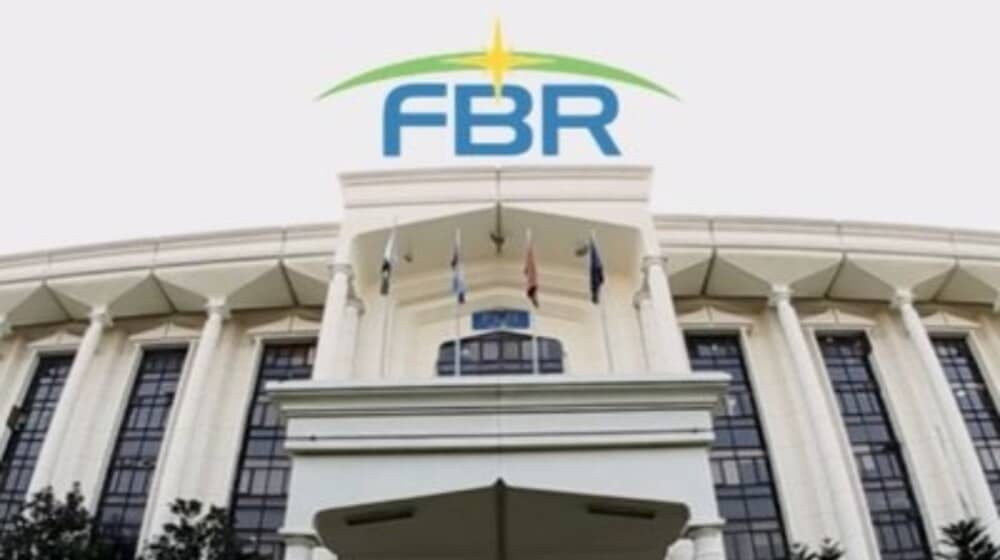UniCredit's Commerzbank Pursuit Faces Continued Resistance from Berlin

Berlin is standing firm against the potential acquisition of Commerzbank by UniCredit, according to a spokesperson for the German finance ministry. This stance comes after UniCredit significantly increased its stake in Commerzbank, reigniting speculation about a possible takeover. The German government's continued opposition underscores the strategic importance of Commerzbank to the nation's financial landscape and raises questions about the future of the bank.
A Growing Stake, A Familiar Rejection
UniCredit's recent move to acquire a larger share in Commerzbank has sent ripples through the German banking sector. While the Italian bank’s intentions remain somewhat opaque, the increased stake has undeniably fuelled rumours of a potential takeover bid. However, the German finance ministry has swiftly and definitively dismissed any such possibility. This isn’t a new position for Berlin; the government has consistently voiced its reservations about foreign ownership of Commerzbank, citing concerns over national interests and financial stability.
Why Berlin is Hesitant
Commerzbank holds a unique position within the German economy. It possesses a significant network of branches across the country and plays a crucial role in supporting small and medium-sized enterprises (SMEs), the backbone of the German economy. The government views Commerzbank as a vital pillar of the domestic financial system and is wary of allowing a foreign entity to exert control over it.
Beyond the economic considerations, there are also political factors at play. The German government is keen to maintain control over strategically important assets and avoid a situation where a foreign bank could potentially influence German economic policy. The history of previous attempts at foreign acquisition of German banks has made the government particularly cautious.
UniCredit's Perspective and Potential Options
UniCredit's motivations for increasing its stake in Commerzbank are likely multifaceted. The acquisition could offer opportunities for expansion within the German market, access to a wider customer base, and potential synergies between the two banks. However, facing continued resistance from the German government, UniCredit needs to carefully consider its next steps. A full-blown takeover bid would likely be met with firm opposition, potentially leading to a protracted and costly battle.
Alternative strategies for UniCredit could include building a strategic partnership with Commerzbank, focusing on specific business areas, or gradually increasing its stake while maintaining a low profile. The key will be to navigate the complex political landscape and find a path that respects the German government’s concerns.
Implications for Commerzbank and the German Banking Sector
The ongoing saga surrounding UniCredit's interest in Commerzbank has created uncertainty within the bank and the broader German banking sector. Commerzbank itself is undergoing a period of restructuring and faces ongoing challenges in a competitive market. The prospect of a takeover, even if unlikely, has injected a sense of volatility into the situation.
Ultimately, the German government's unwavering opposition to a UniCredit takeover highlights the importance of national sovereignty and the strategic significance of the banking sector. It also serves as a reminder that foreign investment in Germany, while generally welcomed, is subject to careful scrutiny and is not guaranteed.
Looking Ahead
The situation remains fluid, and the future of Commerzbank remains uncertain. While a takeover by UniCredit appears increasingly unlikely, the increased stake and ongoing discussions will continue to be closely watched by investors, regulators, and policymakers alike. The German government’s firm stance sends a clear message: safeguarding the nation’s financial interests remains a top priority.






